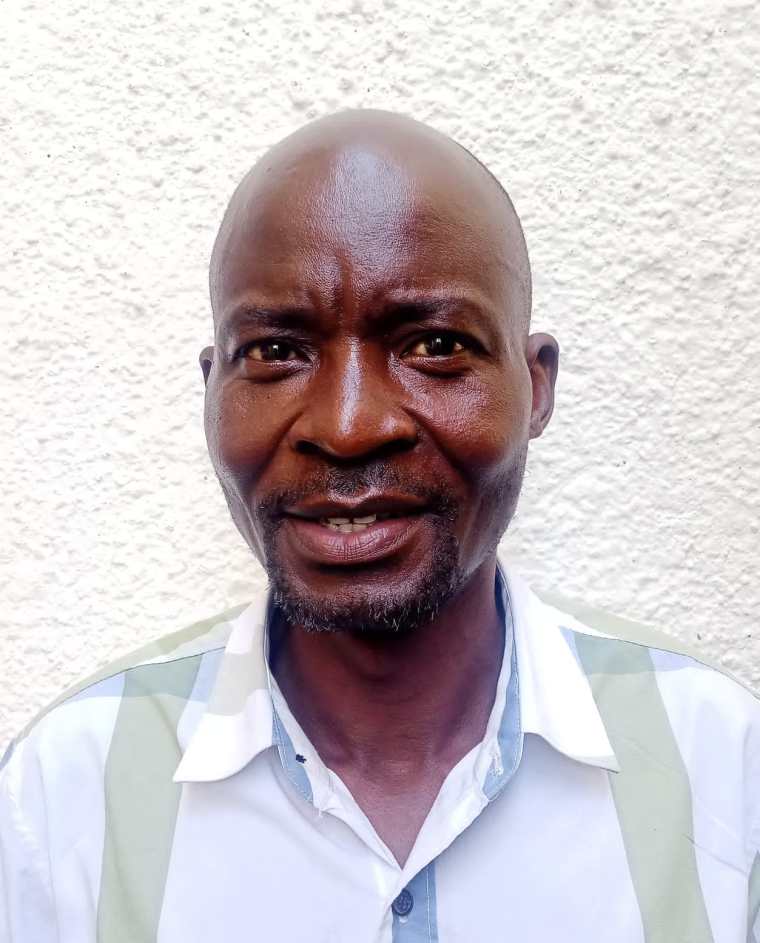Kampala, June 7, 2024—Kenyan authorities should credibly investigate reports that a government official threatened to kill reporter Douglas Dindi, the Committee to Protect Journalists said Friday.
Dindi, who works with the People Daily newspaper, told CPJ that on May 20, David Alilah, Chief Officer of Medical Services in Kenya’s western Kakamega County, threatened to kill him after the journalist sought comment on allegations that a lack of local ambulance services had contributed to the death of a mother and her newborn at a public health facility.
“The reports of threats against the life of a journalist simply for asking a government official for an interview send a ripple of fear across Kenya’s media community,” said CPJ Africa Program Coordinator, Muthoki Mumo, in Nairobi. “The only way to reassure journalists of their safety is by credibly and transparently investigating allegations that Kakamega County Chief Medical Services Officer David Alilah threatened to kill People Daily reporter Douglas Dindi.”
Dindi told CPJ that he visited Alilah’s office in the morning and the official asked him to come back in the afternoon. The journalist said that when he returned, Alilah shouted at him and questioned him about his May 8 report that the Kenya Red Cross had withdrawn ambulances services because of the county administration’s unpaid bills. Dindi told CPJ that Alilah verbally accused him of blackmail and threatened to kill him if he published further reports on ambulances.
Dindi said that Alilah also accused him of portraying Kakamega County Governor Fernandes Barasa in a negative light by reporting that he was planning to stand for election in 2027 under a different political party.
Dindi said he reported the threat at the Kakamega Central Police Station later that day and recorded a statement with the police on May 22.
Dindi told CPJ that he met with representatives of the regulatory Media Council of Kenya (MCK) over the threats on May 29 and it was pursuing the matter.
Alilah told CPJ that he also met with the MCK over the matter, as well as making a statement and sharing evidence with the police. He declined to provide further details.
“Since the case is under investigation for possible prosecution, it would be unfair for me to make comments or give views that might override current investigations being carried out,” Alilah said via messaging app on May 30.
Speaking to CPJ via messaging app, MCK chief executive David Omwoyo said that the Council had listened to Dindi’s complaint and to the county government’s reservations about the conduct of journalists in the region. Omwoyo declined to elaborate, citing ongoing investigations.
Omwoyo said that the Council was following up on the police investigation and had urged Dindi and Alilah to refer the issue to MCK’s Complaints Commission, which adjudicates complaints about media freedom violations and journalistic conduct.
He added that the Council “condemns in the strongest possible terms attempts by county government officials to intimidate journalists or deny them access to information.”
Benson Makori, Kakamega Deputy County Police Commander, told CPJ via messaging app on June 4 that the Criminal Investigation Department was investigating, without providing further details.
CPJ’s requests for comment via messaging app and text message to Kakamega County Governor Fernandes Barasa went unanswered.
